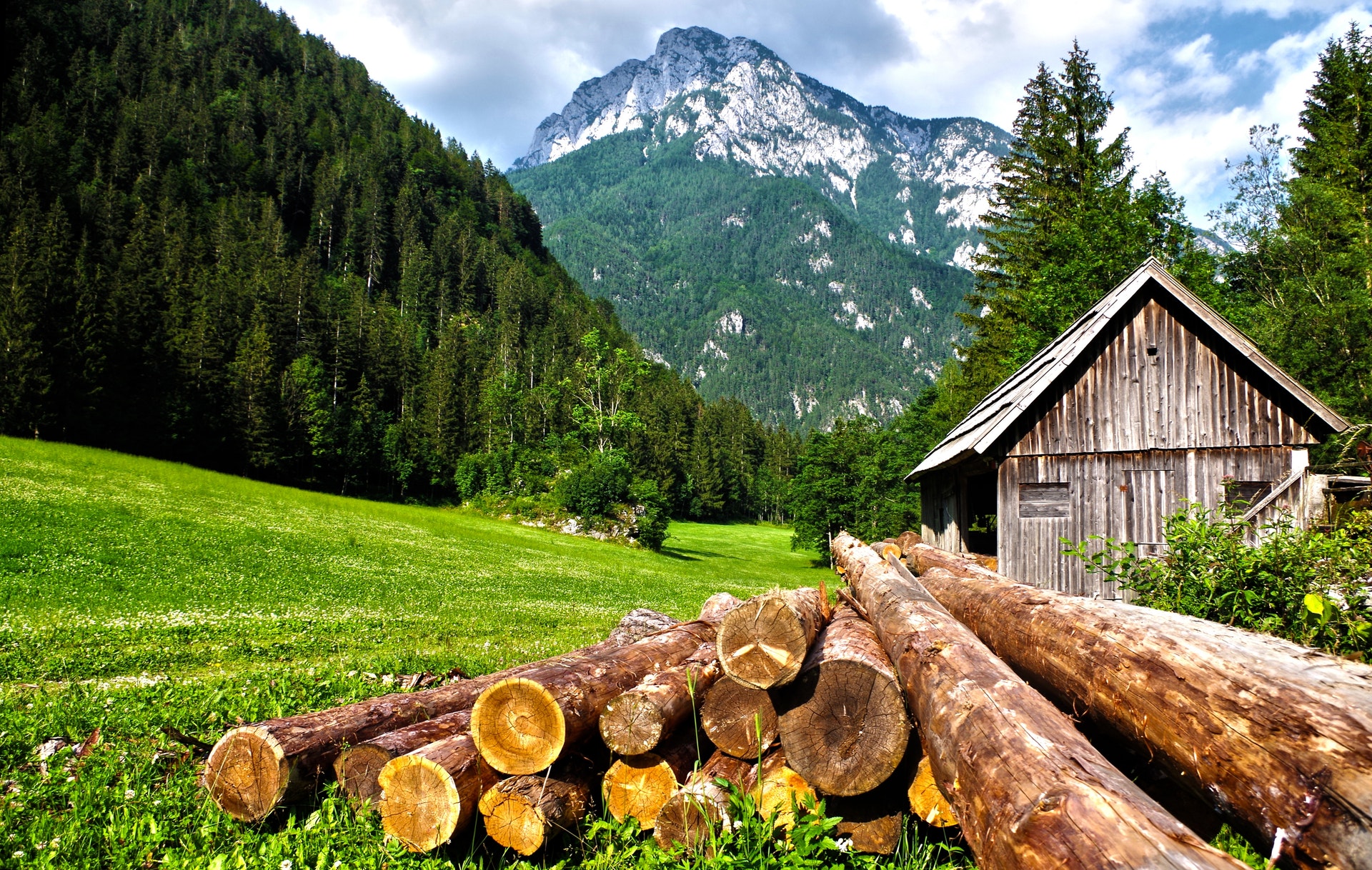If you’re tiring yourself out by cutting wood with an axe, it could be time to invest in a log splitter. Finding the right log splitter, however, isn’t an immediately easy task.
That’s why we’ve put together some tips on how to buy the right log splitter.
Before diving into our guide, let’s discuss why you should buy a log splitter. Log splitters save time and energy if you are regularly chopping wood.
Even if you’re chopping wood for domestic purposes, such as for a wood burner in your home, a small, electric log splitter could transform your day.
If properly maintained and used safely, a log splitter is an investment you won’t regret.
Contents
1. Quality Lasts a Lifetime
Our first tip for buying a log splitter is to choose quality over cheapness.
If you want to avoid replacing your log splitter and, when necessary, repair your log splitter yourself, you’ll have more luck with a high-quality log splitter than a budget one.
2. Figure Out What Tonnage You Need
Log splitters cut wood by applying pressure to a small area of the log. The amount of pressure that the log splitter exerts depends on the splitter’s tonnage, which can range from 4 to 30.
To figure out what tonnage you need, you need to consider the size, greenness, and density of the logs you are splitting.
Small, seasoned softwood requires the smallest amount of tonnage whereas large, green hardwood requires the largest amount. This chart offers a useful guide for figuring out what tonnage you need.
3. Horizontal or Vertical?
Log splitters are usually horizontal or vertical. Horizontal log splitters are usually smaller, cheaper, and great for domestic use.
Horizontal log splitters can be used on the floor or on a bench and are simple to use – you just load logs into the splitter horizontally.
Vertical splitters are best for large logs or high volumes of logs and are more common for commercial use.
Vertical logs are large and difficult to manoeuvre, but if you’re chopping lots of large pieces of wood, they could be the right log splitter for you.
4. Gas or Electric?
Choosing between a gas or electric log splitter comes down to how powerful a log splitter you need. Gas log splitters are great for chopping close grain wood such as cherrywood.
Gas splitters are best for commercial purposes or if you need a log splitter for a big job.
Electric log splitters, on the other hand, are less powerful but they also require less maintenance and are best for domestic purposes.
Electric splitters are also more environmentally friendly since they use less energy than gas splitters.
5. Chat to Experts Before You Buy
If you’re unsure of what size and tonnage you require for your log splitter, the best thing to do is chat with an expert.
Most companies that sell log splitters will be more than happy to talk to you about your log splitting needs and explain how they work.
Log splitters aren’t always cheap, so you should do as much research as possible before making a purchase.
The Daily Buzz combines the pursuit of interesting and intriguing facts with the innate human desire to rank and list things. From stereotypical cat pictures to crazy facts about the universe, every thing is designed to help you kill time in the most efficient manner, all while giving you something to either laugh at or think about!
